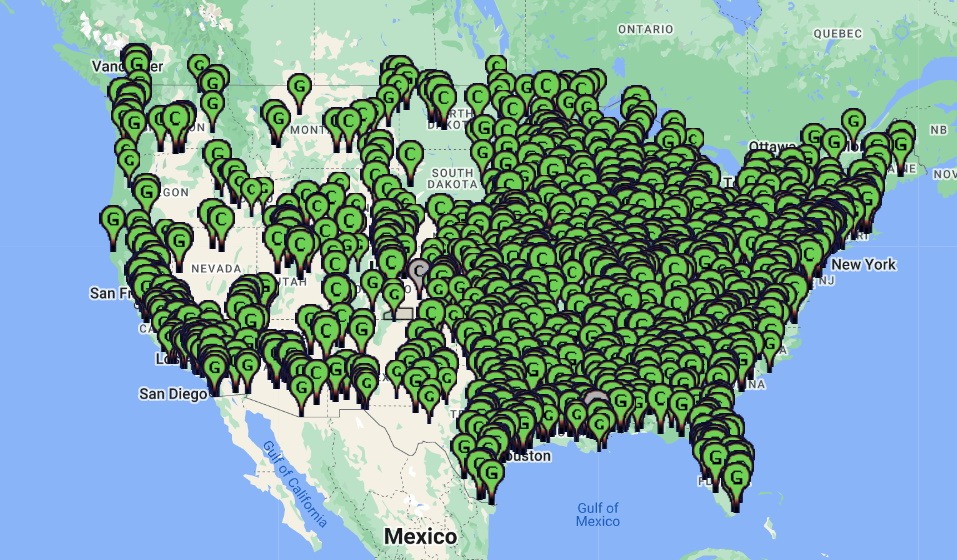Electricity Generation from Biomass: Installed Capacity Forecasts for Dedicated, Co-Fired, Anaerobic Digestion, and Biorefinery Facilities
May 27, 2013. Source: PR Newswire
Accounting for 3% of global electricity generation capacity, biomass power generation (“biopower”) offers reliable baseload power to the grid and is expected to play a cornerstone role in meeting renewable energy targets worldwide. Capacity expansion is likely in this decade across a range of conversion platforms, including dedicated greenfield facilities that burn biomass exclusively, brownfield biomass and coal co-fired plants, anaerobic digesters producing biogas, and industrial biorefineries utilizing cogeneration.
Although biomass feedstocks are available worldwide, logistical challenges associated with its collection, aggregation, transportation, and handling, coupled with its poor energy density relative to fossil fuels, make biopower financially attractive in only a narrow set of circumstances. For this reason, biopower remains a subsidy-dependent enterprise in most markets.
Supported by strong policy and healthy incentives, Europe currently accounts for 50% of installed capacity deployed worldwide. Capacity additions across Asia Pacific and Latin America through 2020 are expected to result in a modest shift away from Europe. Growth in North America is contingent upon the anticipated rollout of advanced biorefineries for advanced biofuels production.
Navigant Research forecasts that, under an aggressive scenario, global installed biopower capacity will reach 129 GW by 2020.
This Navigant Research report provides capacity and revenue forecasts, market sizing, and market share analysis for electricity production from biomass, covering dedicated/co-fired, anaerobic digestion, and biorefinery facilities. The report also quantifies the expected supply of electricity from biomass and the amount of feedstock consumed at generation facilities on an annual basis. Worldwide revenue and capacity forecasts, segmented by application and region, extend through 2020.

